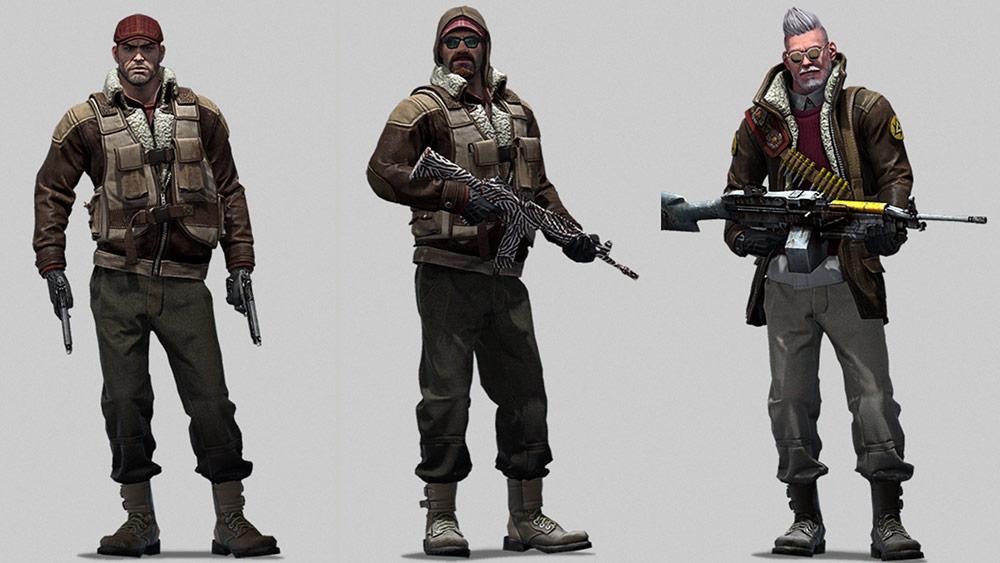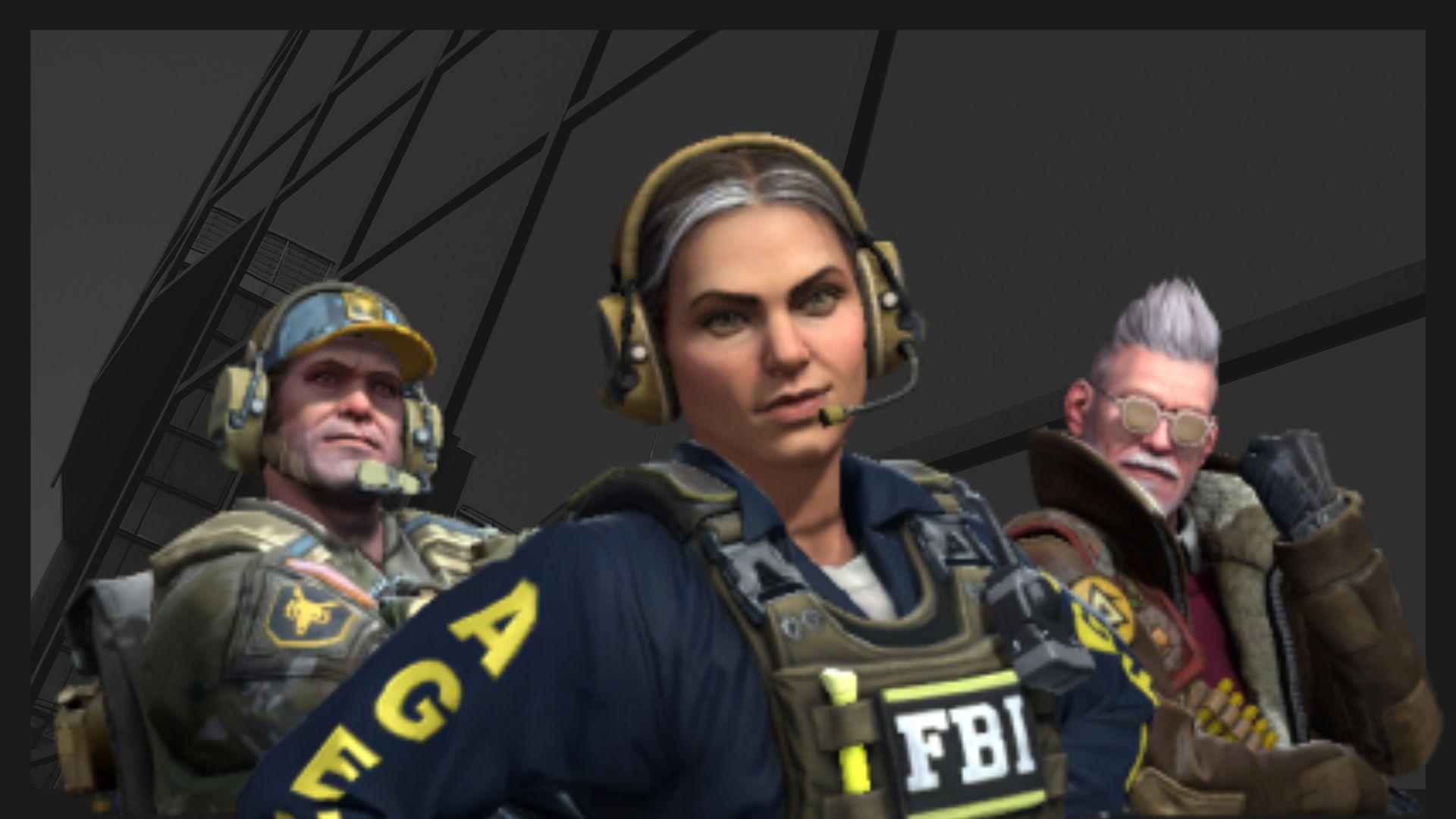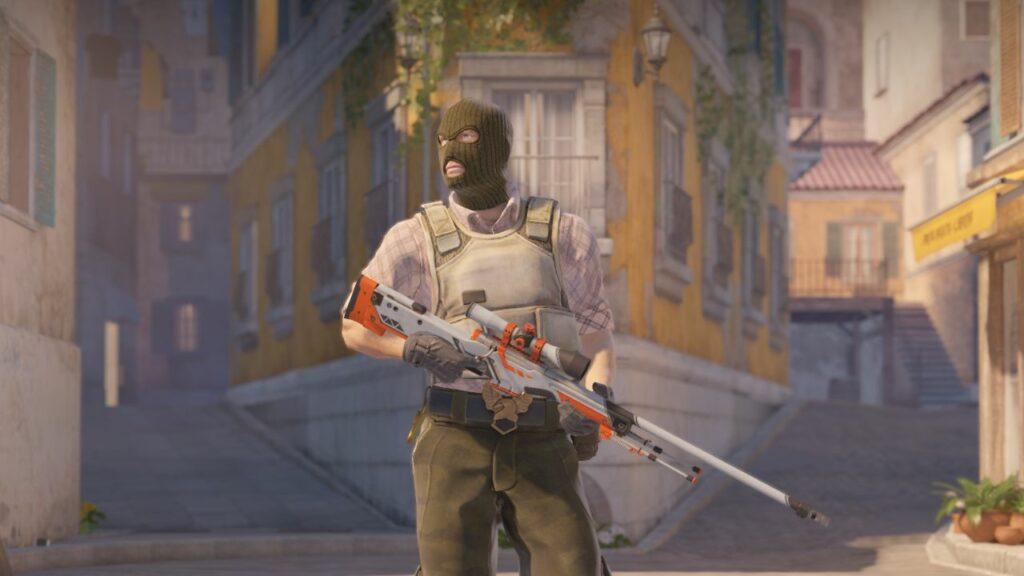
As FACEIT bans Agents in pug games, Valve could intervene
According to a tweet from FACEIT partnerships manager Cem Mollaoğlu, the Counter-Strike: Global Offensive server provider has disabled Operation Shattered Web agents from their servers entirely.
FACEIT joins ESEA in banning the in-game Agent models from all of its servers, including solo queue and pickup games. The decision follows FACEIT’s November 21 announcement that they would prohibit the use of the new models in the ECS Season 8 Finals that Astralis won on the evening of December 1.
The announcement was met with majority approval from the FACEIT community. Replies to the ban ranged from grateful thanks to some users being less than pleased. The small number of complaints revolve around those that are upset they are unable to use content that they paid for on FACEIT’s platform.
Third parties banning custom models may cut into Valve profits
With both FACEIT and ESEA banning the custom models entirely, Valve might take notice. There is little incentive for users to spend money on content they can’t enjoy, and that loss of revenue could provoke a response from the company.
It’s difficult to say how big of a blow to Valve’s bottom line this could be. While the total number of ESEA and FACEIT users is unknown, a tweet from FACEIT employee Milos Nedeljkovic from January 2019 showed over 100,000 concurrent users on the platform. Nedeljkovic doesn’t say how many are CSGO players, but the game is one of FACEIT’s most popular offerings.
While at one time considered a mainly European platform, FACEIT’s popularity in North America and with the region’s CSGO streamers has risen dramatically over the past year. It’s not unlikely that the service’s CSGO player count has followed a similar trend.
While Valve has shown little interest to date in flexing their control over the Counter-Strike intellectual property, Valve has gone to court in the past to prevent a dip in profits. At worst, Valve could choose to enforce its intellectual property rights to ensure that monetized content is available on platforms like FACEIT.
Valve has gone to court to keep profits high
Recently, Valve lost a case in a French court stemming from a 2015 lawsuit by French consumer group UFC-Que Choisir. The lawsuit centered around ownership rights of games bought on Valve’s Steam platform. UFC-Que Choisir also asked the court to rule as to whether users had the right to resell games they had purchased through the Steam client.
The French court ruled in UFC-Que Choisir’s favor in September 2019.
“By its decision of 17 September 2019 (likely to appeal), the District Court of Paris has granted consumers the right to resell their games purchased via the platform published by Valve,” UFC-Que Choisir said on its website.
According to the statement, Valve intends to appeal the ruling. The more users that resell their games purchased on Steam at a discount, the fewer that are purchased through Valve’s storefront.
Valve’s attempts to prevent resales are a direct window into the company’s mission to protect revenues, but consumers should realize these tactics are neither unusual nor isolated in the corporate sector. If Valve’s continued focus on monetization comes into conflict with a server provider’s efforts to ensure competitive integrity, we could see Valve exercise their IP rights more forcefully in the near future around CSGO.
Recommended

s1mple is offering lessons to help you get good at CS2
Have you dreamed of playing like s1mple?

Recent CS2 ban wave punishes cheaters during live games
Valve is banning players in bulks.

Players hopeful after Valve adds Overwatch to expose CS2 cheaters
Only “trusted” players will be Overwatch investigators.







